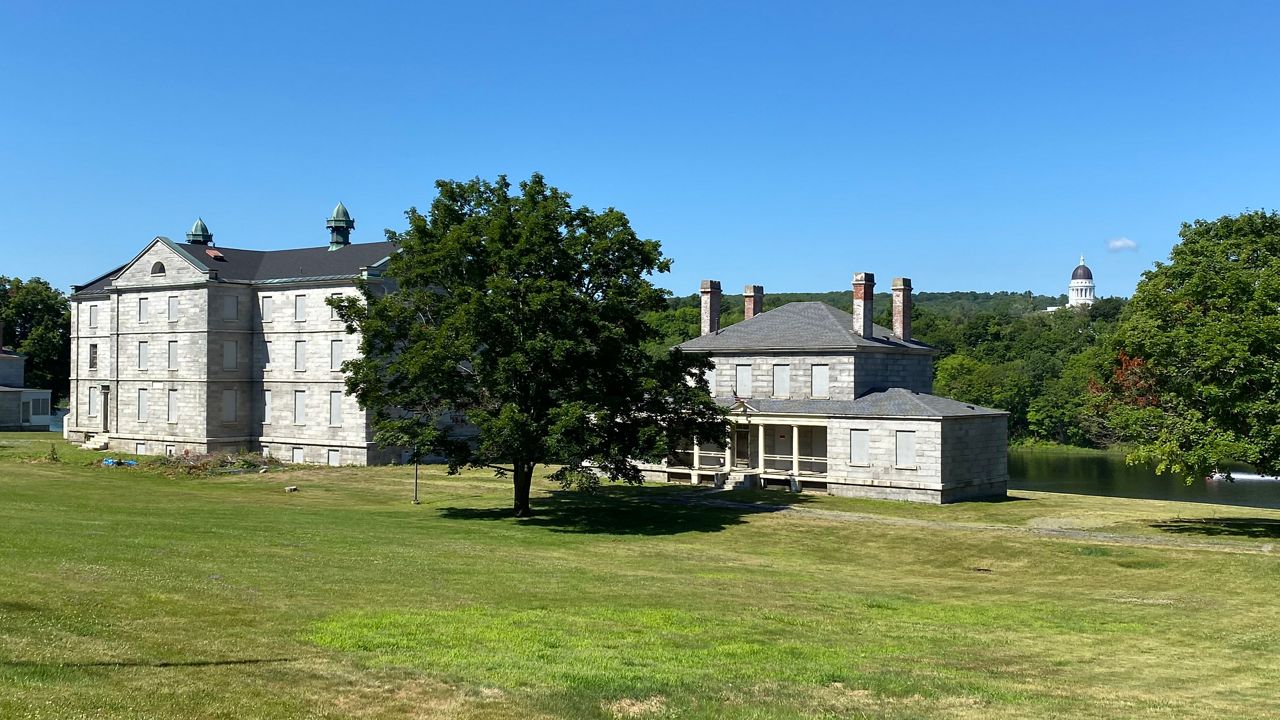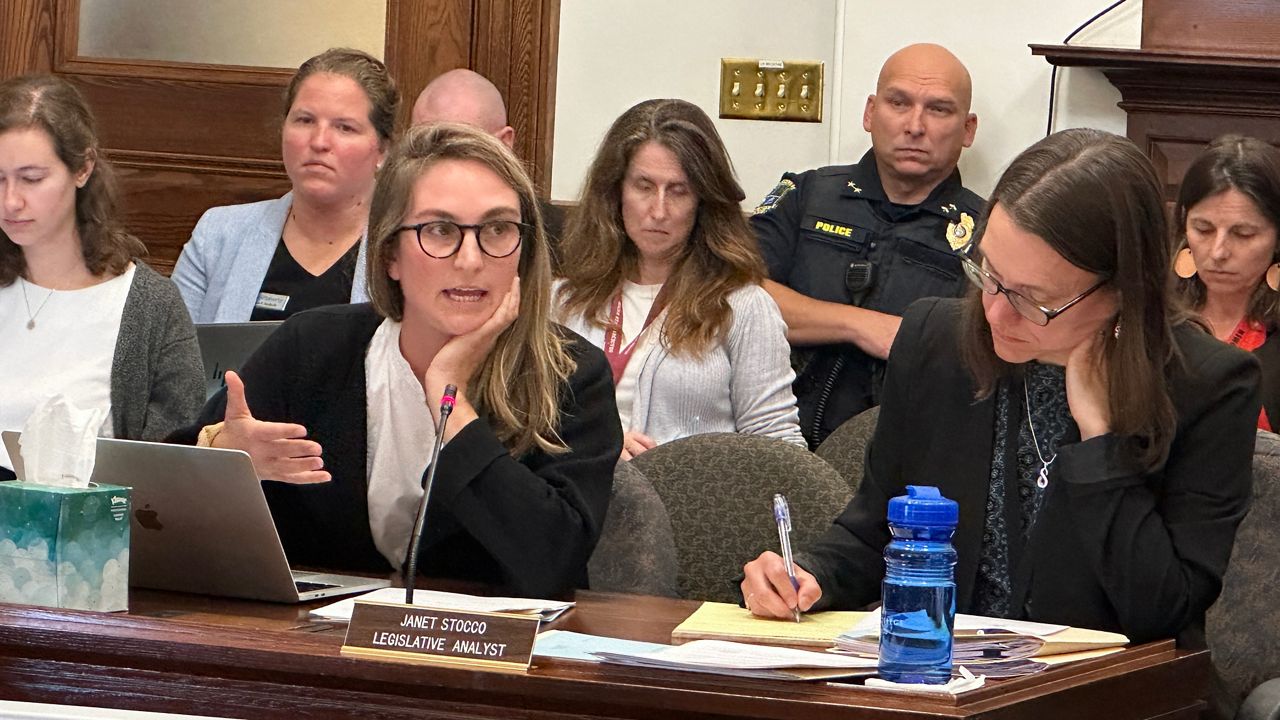The developer of the Kennebec Arsenal in Augusta now has 90 days to make significant improvements to the historic miliary installation.
Augusta City Council voted 7-1 Thursday to declare the buildings along the Kennebec River “dangerous” and finding that they pose a fire hazard and are “inadequately maintained and dilapidated” inside and out. The vote comes after two hours-long public hearings in which developer Tom Niemann and his subcontractors defended their work, saying they are moving forward with plans to turn the buildings into 18 housing units.
“We’re literally on the verge of becoming a full-fledged construction site,” Niemann said July 28 in testimony to council.
The plan to create only housing at the site is a major change from 15 years earlier, when Niemann told city and state officials that the prominent area across the river from the State House was ripe for a “boutique hotel, condos, restaurant, retail and office space.”
At the follow up meeting on Aug. 4, Councilor Michael Michaud said he remembered when Niemann first approached the city in 2007, sparking a lot of excitement for the possible redevelopment.
“This is probably one of the prettiest properties in the city of Augusta,” Michaud said. “In my mind it’s a gem when you take a look at it from a drone. It’s right on the river. It has so, so much potential.”
The Arsenal consists of several buildings built between 1829 and 1839 on about 40 acres on the east side of Augusta. It was built to “fortify open ground in response to the War of 1812,” according to Maine Preservation, and is the last and “best example of an early 19th-century military depot.”
Following its use by the military, the buildings were home to the Augusta Mental Health Institute for 90 years until the state built a new facility nearby. The state sold the complex to Niemann in 2007 and the city granted him a tax break to help with the redevelopment costs.
During council discussions about the current condition of the buildings, Councilor Raegan LaRochelle said she did not see them as “an immediate threat to the public.” She was the only councilor to vote against the order to declare the buildings dangerous.
Two members of the public agreed, saying the city should work with Niemann rather than against him. Kim Davis, a former state representative who lives near the Arsenal, handed out photos of other rundown buildings in the neighborhood.
“Sitting here, I can’t decide whether the concern is really danger or thwarting the project,” she said.
The order passed by council describes chipping lead-based paint and missing mortar on the outside and deficient plumbing and electrical on the inside of the buildings. Niemann’s attorney, Eric Wycoff, told the council that work is ongoing that it will likely take another 36 months for the project to be completed.
Before voting to declare the buildings dangerous, Councilor Heather Pouliot said the vote to give Niemann a deadline for improvements was a way to hold him accountable.
“This is just the way that we push a developer to bring these buildings back up to a safe standard by giving a timeline,” she said. “We’re looking for significant progress, we’re not looking for a completed product.”







)

